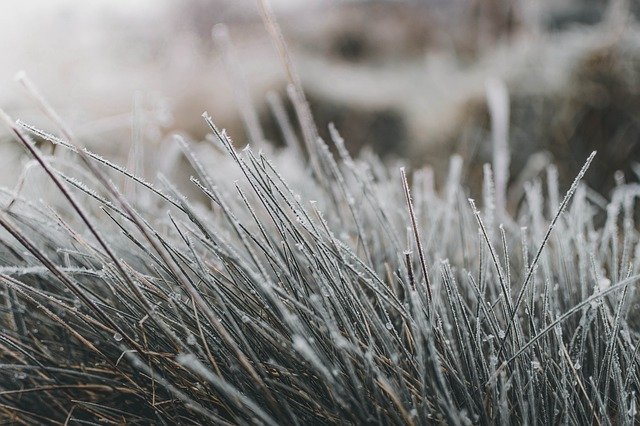
With winter well and truly upon us, may people may find themselves wondering if they can use the same lawn care routines and techniques they’ve been using throughout the year to keep their lawns healthy and strong over winter.
Some of the most common questions we see at this time of year include “can I still mow the lawn in the winter? Does my lawn need extra fertiliser? How often should I water my lawn in winter?” These are all common questions you yourself may be asking.
The winter season brings with it its own lawn care requirements that you’ll need to follow in order to sustain the healthy lawn you’ve cultivated throughout the year.
To answer the question “can I mow the lawn in winter?”, the short answer is yes, you can. However, there are very important guidelines you should try to follow in order to avoid unnecessarily damaging your lawn.
Winter Lawn Mowing Advice
Avoid cutting wet grass
The first piece of lawn care advice to follow during the winter is to avoid cutting your grass when it is wet. Light rain shouldn't cause many issues, however, after heavy rainfall, it is not advised to start looking for the lawnmower key. Mowing your lawn after long periods of wet weather can be more dangerous than you think and will not result is a good cut either. Running a mower over wet and mussy grass can, in fact, do more harm than food. Mower blades can begin to dig deeper into a soft lawn, resulting in new grass sprouts being killed. If your blades are too long or heavy with water they can begin to bend which results in an uneven cut - something you'd ideally like to avoid.
A good tip to follow is to walk on your lawn and if it begins to sink, it is too wet to cut!
Do not scalp your lawn when cutting
If you do decide to mow your lawn during the winter (given it hasn't rained too much), be sure to not scalp your grass. You can avoid this by raising your cutting blade a little higher than usual. Remember, do not cut more than one-third of the grass blades in one go. The role of leaves on a grass blade is to harvest energy from the sun in order to keep your lawn alive and healthy. By cutting too much of the grass, you will, in fact, be damaging your lawn by preventing it from storing energy. This can be particularly problematic during the winter when the amount of time the sun is in the sky for is decreased.
Remove grass clippings
This point is linked to the previous one relating to the level of exposure your grass receives to the sun. In an ideal world, your lawn will receive the optimal amount of sunlight during the winter so it harnesses the energy that it needs to grow. Now, if after you've cut your grass at the required height you've left all of the clippings laying around, you will, in fact, be blocking the sunlight from reaching your grass' roots. This is something you'll definitely want to avoid during the winter, again given the shorter amount of time that the sun is in the sky.
Another thing to remember is that wet grass clippings provide ideal breeding conditions for lawn diseases such as fusarium patch! Another reason to remove all your clippings after mowing.
Frosted lawns
The final bit of advice to follow to avoid damaging your lawn during winter is related to frosted lawn. No doubt a crisp white layer of frost can make for pretty viewing, however, by walking across your lawn while it is in this state can again cause more harm than good. Once walked on, frozen grass doesn't spring back up, meaning footprints can remain on your lawn for a very long time.
By doing this not only will you leave footprints all over your lawn but you can potentially kill the grass blades by damaging the cells that are inside them. If this happens, the leaf will die off and turn brown, resulting in a very unhealthy and patchy looking lawn.
To summarise, during the winter months it’s not usually necessary to mow your lawn since the cold weather renders the grass dormant and it won’t be growing. However, in cases of mild winter weather where your grass needs mowing, it’s important to cut with your blades high and refrain from mowing a frosty or damp lawn. Wait until later in the day when the sun has had time to dry and/or defrost your lawn, as mowing wet or frosty grass can compact your lawn.
More Lawn Mowing Tips
Don't miss an update - be sure to follow Lawn & Weed Expert on Facebook and Twitter!